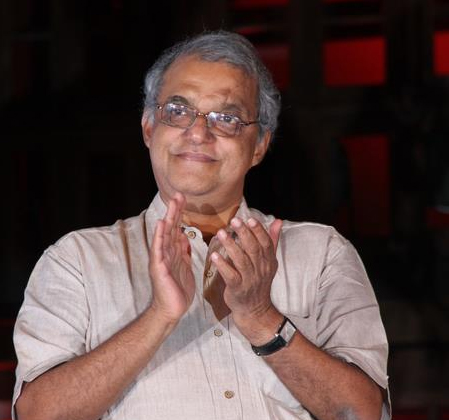Govt should provide subsistence package to hospitality sector: Jose Dominic

The calamity that we are facing, is looming large in front of us. There is a virus tsunami that we have to contend with and then there is the economic tsunami related to capital.
We have to talk of survival first, before the talk of revival. The tourism sector has been the first hit, the hardest hit and it will take the longest for revival. Therefore, we need survival measures. Special support should be given to the hospitality sector that needs high capital investment, thereby creating large employment.
As far as capital is concerned, the RBI governor has announced some survival measures. These need to be extended at least till September 30. Other survival measures such as putting an animated suspension on all fixed costs such as leases, rates & taxes are important. Declaring that Force Majeure shall apply to all contracts for a period of six months, whether or not such a clause has been written in lease contracts etc, will be significant.
The hospitality sector employs the largest number of people in the tourism sector. This is the area where strong survival measures are required. Hotels face not just a crashing decline but a drop to zero, disabling completely the establishment’s ability to pay salaries and wages. Millions of employees face the grim reality on how they can meet basic necessities like putting food on the table. In this sector, two types of establishments exist. We have the smallest homestays, B&Bs, little cafes with few staff which can survive by providing takeaways etc. On the other end we have the big corporates of large diversified groups who have the standing power and can secure expandable working capital from banks.
For the bulk in between these two segments, a grim situation awaits. Whatever governments may say, directing that they all should continue paying the salaries, it just won’t be possible. This is far beyond tinkering with working capital. The only choice these establishments have is treating their workforce as on loss of pay (LoP). At least this will remove the psychological trauma of loss of jobs. The workforce can live in the hope that when normalcy returns they will be back in their jobs. This is important for the families who depend on the wage earner. LOP may also be read as leave without pay. We need to regularise LoP as a legitimate practice as an emergency regulatory measure. Together with this, wage support by the State till September 30 is a must. This may be extended to December 31 if the situation does not improve.
The government can think of providing subsistence disbursement support to enable the establishment to pay a minimum amount of Rs 9000 per month to the employees. The State support must at least be 75% of the subsistence disbursement in the case of gross payment up to Rs 25000 per month and 50% of the subsistence disbursement for those whose gross pay is Rs 50,000. For those whose gross salary is above Rs 50,000, 25% of the subsistence disbursement can be met by the government. This is a basic survival measure for the workforce as well as the enterprise, which otherwise will be smashed to smithereens.
(The author is an industry veteran and former CEO of CGH Earth)




